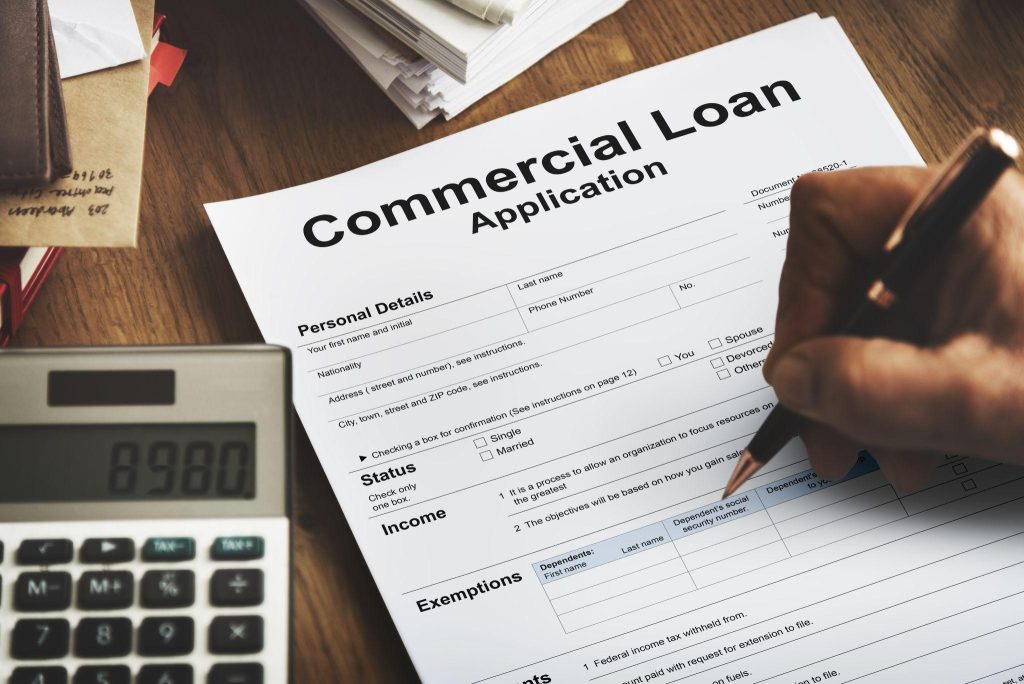Commercial Mortgage Investing: Commercial mortgages are an important financial tool for investors looking to acquire or refinance businesses and commercial properties. Although similar in concept to residential mortgages, commercial mortgages differ in several key aspects. In this comprehensive guide, I’ll explore the different types of commercial mortgages, the factors lenders consider during the application process, and provide valuable insight into commercial mortgage rates, lenders, and brokers. Additionally, we’ll discuss financing options, tips for finding the best commercial mortgage, and outline the application process.
What is Commercial Mortgages?
Commercial mortgages are loans that are secured by commercial properties such as office buildings, retail spaces, and industrial complexes.
Unlike residential mortgages that lend to individual homes, commercial mortgages are designed for business purposes. These include higher loan amounts, different eligibility criteria and specific repayment terms.
Types of Commercial Mortgages
- Conventional commercial mortgage: These loans are provided by banks and financial institutions and usually require a down payment of 20% or more. They offer competitive interest rates and terms tailored to the borrower’s financial situation and property value.
- SBA Loans: The Small Business Administration (SBA) offers loan programs designed specifically for small businesses. SBA loans offer favorable terms and lower down payment requirements, making them an attractive option for entrepreneurs.
- CMBS Loans: Commercial mortgage-backed securities (CMBS) loans are sold to investors as securities. These loans offer flexibility in terms of loan size, property type and borrower eligibility.
Factors to Consider in Commercial Mortgage Applications
Lenders evaluate many factors when evaluating commercial mortgage applications, including:
- Credit Score: A strong credit score indicates creditworthiness and improves the chances of loan approval.
- Debt-to-income ratio: Lenders consider a borrower’s ability to repay the loan based on their income relative to current debt obligations.
- Business Financial Statements: Lenders review financial statements, including income statements, balance sheets, and cash flow statements, to assess the financial health of the business.
Check: Debt-Free Journey: The Essential First Step to Achieving Financial Freedom
Commercial Mortgage Rates, Lenders and Brokers

- Commercial mortgage rates: Commercial mortgage rates are affected by factors such as the overall economy, property type, borrower’s financial profile and loan tenure. It is important to compare rates from different lenders to get the lowest rate.
- Commercial mortgage lenders: Traditional banks, credit unions, private lenders, and online platforms are common sources of commercial mortgage financing. Each lender has its own credit criteria, application process and loan programs. Researching and choosing the right lender is important to getting the best loan for your needs.
- Commercial mortgage brokers: Commercial mortgage brokers act as intermediaries between borrowers and lenders. They have access to multiple lenders and can help find the right loan options based on the borrower’s needs. Engaging a reputable commercial mortgage broker can streamline the process and potentially result in more favorable terms.
Financing options for Commercial Mortgages
- Cash: Using cash reserves or personal funds for a commercial mortgage can eliminate interest costs and reduce the loan amount required. However, this may limit liquidity and other investment opportunities.
- Line of credit: Using a business line of credit can provide flexibility and quick access to funds for the purchase of commercial property. It is important to consider the interest rates, terms and repayment schedule associated with the line of credit.
- Construction Loan: If you are planning to build a new commercial property or renovate an existing property, a construction loan can finance the project during the construction phase. Once construction is complete, it can be converted to a traditional commercial mortgage.
Read more: 6 Benefits of Starting a New E-Commerce Stores
Tips for finding the best Commercial Mortgage
- Define your financing needs and goals.
- Research and compare rates, terms and options from different lenders.
- Consult a commercial mortgage broker for expert guidance.
- Consider the property’s location, condition and cash flow potential.
- Carefully review the loan documents and terms before finalizing the deal.
Advantages of Commercial Mortgage Refinancing
Refinancing a commercial mortgage can provide many benefits.
- obtaining a lower interest rate,
- extending the loan term,
- improving cash flow,
- consolidating debt or accessing equity for other investment opportunities
Commercial mortgages play a major role in financing commercial properties. By understanding the different types of commercial mortgages, the factors lenders consider during the application process, and leveraging the expertise of commercial mortgage brokers, you can make informed decisions and secure the best financing for your business needs.
Remember to explore different financing options, compare rates and navigate the application process carefully to optimize your commercial mortgage experience.
Get The Latest Information On Business, Finance, Investment, Brand Building, Lifestyle, Entertainment, And Billionaire Quotes On Edueasify.
